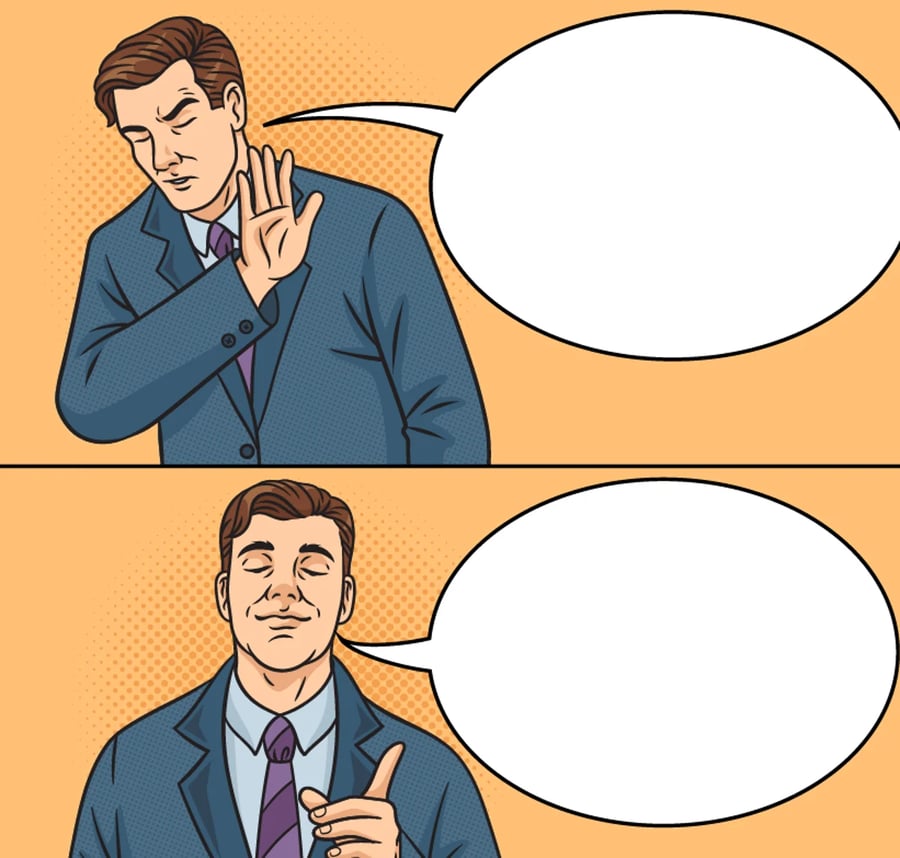
Some people live their lives like an "auto-approve" app. Boss asks them to stay late? "Sure, no problem!" Friend needs help moving on the weekend? "Absolutely, happy to!" Neighbor wants childcare during their vacation? "Of course, what do the kids like to eat?"
But deep down, they're screaming: "No! I'm tired, busy, and have no idea how I'll manage this!" Instead of voicing these feelings, they keep smiling and pay the price in time, energy, and sanity.
The Hidden Cost of Always Saying Yes
When you say "yes" to every request, you're actually saying "no" to yourself. Time for hobbies, rest, or even a moment of quiet gradually disappears. Instead of feeling generous and caring, you end up exhausted, irritable, and sometimes even angry at those who asked for help.
Why Is Saying 'No' So Hard?
Many of us have been conditioned to equate "no" with rejection, failure, or selfishness. Saying "yes" feels like the socially acceptable thing to do, even when it stretches us to the breaking point. The truth is, over-commitment leads to burnout, resentment, and schedules so packed we feel like we're constantly on the verge of collapse.
## Practical Ways to Set Boundaries
1. Start Small and Practice
- Begin with minor situations, like declining a social invitation that doesn't work for you
- Build confidence gradually
2. Be Honest but Kind
- Keep it direct without over-explaining
- "I wish I could help, but I can't take this on right now" works wonders
3. Use the "Sandwich Technique"
- Place your "no" between two positive statements
- Example: "Thanks for thinking of me! I'm flattered, but I can't today. I hope you manage - good luck!"
4. Offer Alternatives When Appropriate
- If you want to soften the blow, suggest another way to help
- "I can't attend the meeting, but I'd be happy to review the notes afterward"
5. Take Time to Respond
- If an immediate "no" feels too daunting, buy time
- "Let me check my schedule and get back to you"
6. Navigate Guilt
- Feeling guilty after saying "no" is normal
- Remember: guilt doesn't mean you did something wrong—it means you're growing
BUT --- Don't Become a 'No' Person
The goal isn't to become rigid and selfish. It's about balance—knowing when to say "no" to protect yourself, and when to say "yes" from genuine desire rather than obligation.
Healthy boundaries allow us to be more present, give genuinely, and avoid resentment, which means we can remain generous and caring while respecting our own time and needs.
Kikar HaShabbat contributed to this article.





















0 Comments